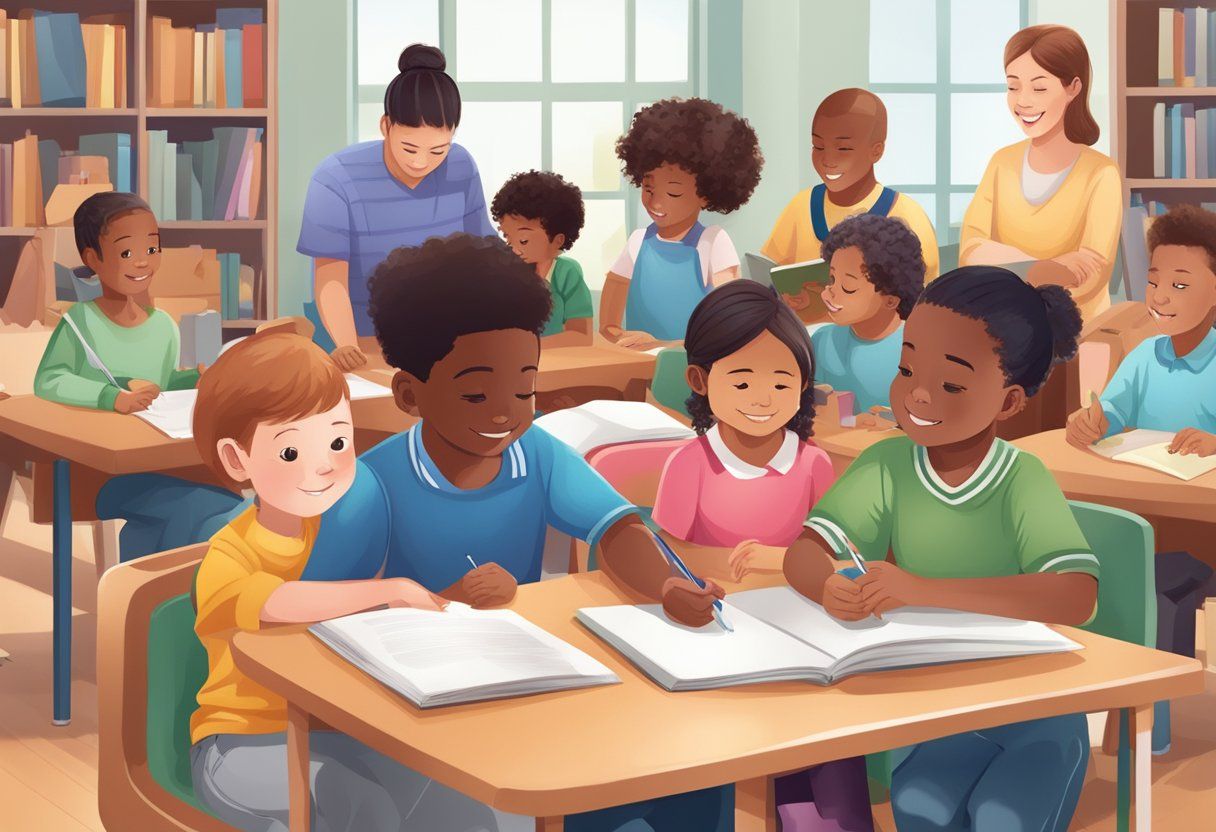BLOG
Categories
The Role of Therapy in Adoption Healing: Key Benefits and Approaches
Understanding Adoption Healing
Adoption healing involves addressing the emotional and psychological needs of everyone involved in the adoption process. This includes adoptees, adoptive parents, and birth families.
Therapy plays a crucial role in helping these individuals navigate complex feelings and relationships.
The Psychological Impact of Adoption
Being adopted can deeply affect how a person feels about themselves and the world around them. Adoptees might feel confusion about their identity or sense of belonging.
This can lead to feelings of grief or loss, even if they have a loving adoptive family.
For many adoptees, understanding their place within both their adoptive and biological worlds becomes a lifelong journey.
Therapy can help them process these emotions and build a positive sense of self.
Common Adoption Issues and Emotional Needs
Adoptive families often face unique challenges. Communication gaps may arise as adoptees explore their past.
Identity issues can be difficult when adoptees search for details about their birth family. Adoptees might also grapple with loyalty to both their adoptive and birth parents.
Adoptive parents may need to address feelings of inadequacy or fear of rejection.
Therapy can support families by providing strategies to navigate these complex emotions and strengthen family bonds.
The Adoption Triad and Family Dynamics
The adoption triad includes the adoptee, birth parents, and adoptive parents. Each member plays a critical role in the adoptive family dynamic.
It's essential to foster open, honest communication among all parties involved. Adoptive parents may worry about maintaining their child's connection to their birth family.
Birth parents can experience ongoing grief or loss. Therapy can help each member of the triad understand their unique role and emotional needs, promoting healthy relationships.
Sessions can focus on each person’s feelings and provide a safe space for open discussion and resolution.
Therapeutic Approaches for Adoption-Related Trauma
Addressing trauma in adoption involves specific therapeutic methods. These methods focus on helping adoptees with attachment, understanding and healing from trauma, and processing grief and loss.
Proper therapy can improve self-esteem and reduce risks such as substance abuse.
Addressing Attachment and Reactive Attachment Disorder
Adoption may impact attachment, sometimes causing Reactive Attachment Disorder (RAD). RAD occurs when children struggle to form healthy emotional bonds.
Therapy can help develop trust and connection with new caregivers. Techniques include creating safe environments, consistent routines, and encouragement.
It's also important to teach social skills and self-regulation.
You may explore therapies like attachment-focused therapy that strengthens bonds. Family therapy may also be used since it involves everyone in the healing process.
It addresses any family dynamics that might affect attachment.
Trauma-Informed Therapy Modalities
Trauma-informed approaches cater to individuals who have experienced significant early adversity. These therapies prioritize creating safe and supportive spaces for healing.
Somatic therapy can be useful in processing trauma by connecting the mind and body. It helps you understand how trauma affects your physical and emotional well-being.
Modalities like EMDR (Eye Movement Desensitization and Reprocessing) are effective in treating traumatic memories by enabling you to process distressing experiences.
Other methods include Cognitive Behavioral Therapy (CBT), which targets reducing negative feelings related to traumatic experiences and improving coping skills.
Grief and Loss Processing in Therapy
The adoption process can involve feelings of loss and grief for adopted individuals. It's essential to address these feelings to prevent long-term emotional issues.
Therapy provides a space to express and explore these emotions safely. Through therapy, you can acknowledge loss and validate your feelings, helping with self-esteem and confidence.
Effective approaches include narrative therapy, where personal stories are re-examined to find meaning and healing.
Mindfulness-based therapies can also assist in staying grounded and focused, which may help manage grief and loss.
These methods encourage emotional expression and compassion toward oneself, promoting healing and growth.
Supporting the Adoption Community Through Therapy
Therapy plays a vital role in providing support for adoptive families, birth families, and adoptees. Guidance and counseling are crucial in navigating the complexities of relationships, identity, and mental health within the adoption community.
Therapeutic Support for Adoptive Parents and Foster Parents
Adoptive and foster parents often face unique challenges. A therapist can provide essential guidance and tools to manage these situations effectively.
Therapy can help you understand the complex emotions that come with adoption or fostering. You may find it beneficial to learn how to address attachment issues or behavioral concerns in children.
Counseling sessions may also offer strategies to improve communication within the family.
Developing stronger bonds can lead to a more stable and supportive home environment, promoting the well-being of everyone involved.
Birth Parent and Birth Family Counseling
Birth parents and birth families experience a different set of emotions. Therapy offers a space to process feelings like grief and guilt, providing an opportunity for healing.
Through counseling, you can explore the emotional impact of adoption decisions. This can help in reconciling any feelings of loss or shame you might have.
Addressing these emotions is important for achieving emotional relief and peace.
Including birth family members in therapy can also improve relationships and understanding between all parties involved in adoption.
Promoting Healthy Identity Formation
Adoptees often face questions about identity and self-esteem. Therapy supports them in developing a positive sense of self and understanding their unique stories.
A therapist can help you explore these identity issues by creating a safe environment. This exploration allows adoptees to ask questions and express concerns, helping build self-esteem.
Understanding your heritage and background can also play a crucial role in identity formation.
Adoptees, through therapy, can work on embracing their histories and forming a coherent sense of self.
Supportive therapy can therefore guide adoptees toward a healthier and more confident sense of identity.
Adoption Reunion and Long-Term Healing

In adoption, reunion with biological family can be a significant milestone. It can affect emotional health and relationships for years.
Understanding how to navigate these experiences is important for personal and family wellbeing.
Navigating the Adoption Reunion Experience
Meeting your birth family can bring up many feelings, like joy, excitement, and even anxiety. These emotions are normal.
Preparation before your reunion helps manage expectations and processes complex feelings.
Communication is key. Be open about your feelings and set clear boundaries with your birth family.
This helps build a healthy relationship. An adoption counselor can guide you through this process, helping everyone involved handle emotions and expectations.
Patience is important. Building relationships takes time. Allow space for everyone to adjust and adapt.
Keep connections respectful and understanding by listening and sharing experiences openly.
Maintaining Emotional Wellbeing Across the Lifespan
Adoption can impact a person throughout their life. Adoptees might experience feelings of grief and loss during different stages.
Long-term support through therapy helps manage these emotions.
Self-care is essential. Prioritize activities that promote mental and emotional health.
Regularly engage in hobbies, exercise, or relaxation techniques to boost wellbeing. Surround yourself with a supportive network of family and friends who understand your journey.
Therapy offers ongoing support. Working with professionals who specialize in adoption can help you navigate challenges as they arise.
Therapy can address issues like identity, belonging, and acceptance. Regular counseling sessions can help you remain resilient and emotionally healthy over time.
Frequently Asked Questions

What are the common emotional challenges faced by adoptees?
Adoptees may experience feelings of loss, identity confusion, and rejection. They might struggle with questions about their birth family or feel different from their peers.
These emotions can lead to anxiety or depression if not addressed.
How does therapy support families during the post-adoption period?
Therapy provides guidance to help families adjust and strengthen relationships. Therapists assist family members in understanding each other’s perspectives and needs, supporting a smoother transition and promoting a healthy family environment.
What therapeutic approaches are most effective for addressing adoption-related issues?
Adoption-competent therapists often use trauma-informed care, attachment-based therapy, and cognitive-behavioral strategies. These approaches help individuals process emotions, build secure attachments, and develop healthier thought patterns.
Can therapy help with the identity issues often faced by individuals who were adopted?
Therapy can play a crucial role in helping adoptees explore their identity. Through supportive conversations and exercises, therapists guide adoptees in understanding their unique stories and forming a coherent sense of self.
In what ways can therapy facilitate attachment and bonding in adoptive families?
Therapists work to strengthen trust and emotional connections within the family. They often use attachment-focused techniques that emphasize understanding and responding to each other's emotional needs, which helps create a secure and loving family dynamic.
How do therapists address feelings of loss or grief in adopted children and adults?
Therapists acknowledge and validate feelings of loss or grief, encouraging open expression.
They employ techniques such as narrative therapy and expressive arts to help individuals process emotions.
RECENT POSTS
Bringing and keeping families together!










